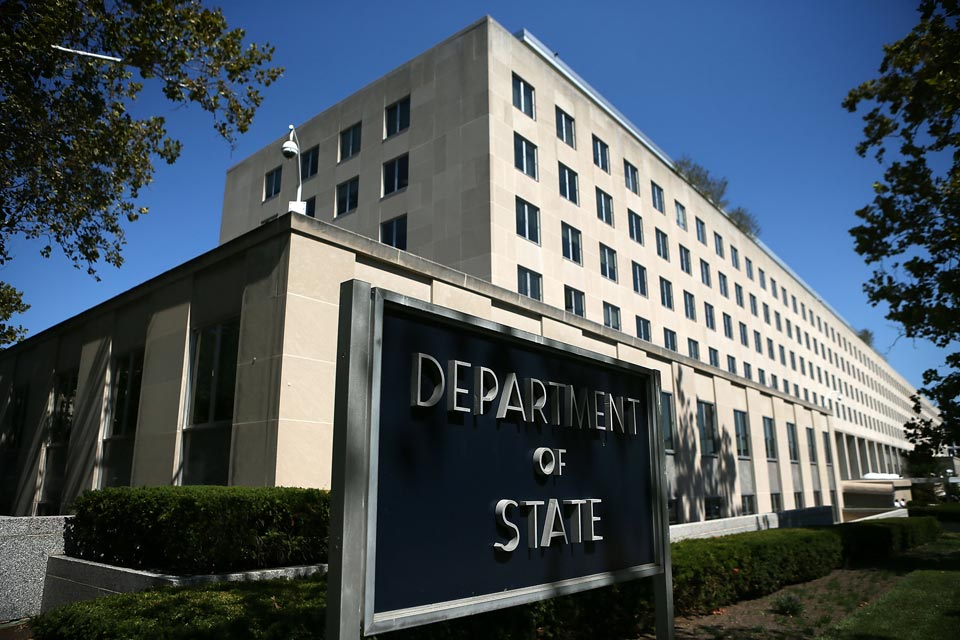Georgia among countries in 2021 Human Rights Practices Report by US Department of State
The 2021 Country Reports on Human Rights Practices by the US Department of State says “Georgia’s constitution provides for an executive branch that reports to the prime minister, a unicameral parliament, and a separate judiciary. The government is accountable to parliament. The president is the head of state and commander in chief.”
Speaking of the two rounds of parliamentary elections held in October and November 2020, the report cited the OSCE’s final report saying that the first round of parliamentary elections was competitive and, overall, fundamental freedoms were respected, but “pervasive allegations of pressure on voters and blurring of the line between the ruling party and the state reduced public confidence in some aspects of the process.”
It continued: The Ministry of Internal Affairs and the State Security Service of Georgia have primary responsibility for law enforcement and the maintenance of public order. There were indications that at times civilian authorities did not maintain effective control of domestic security forces. There were credible reports that members of the security forces allegedly committed some abuses.
“Significant human rights issues included credible reports of: serious problems with the independence of the judiciary along with arbitrary or selective detentions, investigations, and prosecutions widely considered to be politically motivated; unlawful interference with privacy; violence and threats of violence against journalists; limited respect for freedom of peaceful assembly and association; and crimes involving violence or threats targeting lesbian, gay, bisexual, transgender, queer, and intersex persons and activists.
The government took steps to investigate some officials for human rights abuses, but impunity remained a problem. The government’s failure to credibly investigate and prosecute the organizers of violence on July 5-6 resulted in impunity for those abuses. Lack of accountability also continued for the inappropriate police use of force against journalists and protesters during June 2019 demonstrations and the 2017 abduction and rendition from Georgia of Azerbaijani journalist and activist Afgan Mukhtarli,” the report reads.
The report also mentioned Russian-occupied regions of Abkhazia and South Ossetia saying that these regions remained outside central government control, and de facto authorities were supported by Russian forces. “Russian “borderization” of the administrative boundary lines increased, further restricting movement and separating residents from their communities and livelihoods. Russian and de facto authorities in both regions committed abuses with impunity.”
“The cessation of hostilities from 2008 remained in effect, but Russian guards restricted the movement of local populations. Significant human rights issues in the regions included credible reports of unlawful detentions; restrictions on movement, especially of ethnic Georgians; restrictions on voting or otherwise participating in the political process; and restrictions on the ability of ethnic Georgians to own property or register businesses. While there was little official information on the human rights and humanitarian situation in South Ossetia, de facto authorities refused to permit most ethnic Georgians driven out by the 2008 conflict to return to their homes in South Ossetia. De facto authorities did not allow most international organizations regular access to South Ossetia to provide humanitarian assistance,” the report noted.

